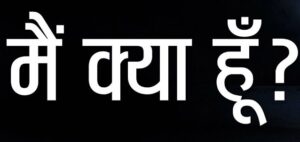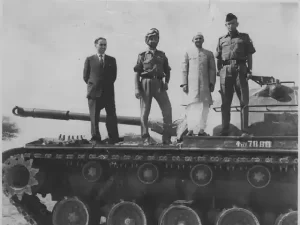
176
इसी का नाम जिन्दगी है
कुछ अनकहे अल्फाज, कुछ नासमझ इशारे
कुछ बहते मंझधार, कभी मिलते किनारे
177
ना ख्वाइश ए मंजिल..
ना इश्क़ ए मिसाल है तू….
ना राहत ए मर्ज..
ना दर्द ए इलाज है तू….
मुझमे ही उलझा..
मेरा ही एक सवाल हैँ तू….
178
पूछा मैंने खुदा से,
अंदर मेरे ये कैसा शोर है,
हंस कर खुदा बोला,
खुला आसमान, चांद, तारे चाहत है तेरी,
पर बन्द दीवारों को सजाने पर तेरा जोर है
179
छूटा संग कितनों का ज़िंदगी की जंग में,
चलो उनके दिलों की, हम गिरह ढूंढते हैं !
बहुत वक़्त गुज़रा भटकते हुए अंधेरों में,
चलो अँधेरी रात की, हम सुबह ढूंढते हैं !!!
180
रिश्ते
बात को भूलना था
और
हाथ को थामे रखना था.
बात को पकडे रखा
और
हाथ छोड़ दिया.
- Shiqurdu is a collection of thoughts. Although an odd-sounding name felt appropriate for the collection.
- These are simplified quotes in Hurdu (Hurdu being a mix of Hindi and Urdu akin to Hinglish i.e., Hindi and English). Although in some cases the language has been simplified attempt has been made to retain the thought and the poetic flavor.
- These thoughts have been picked up from various publications. Credit goes to all the original writers who penned down these deep-meaning messages.
Comments and value additions are most welcome
For regular updates, please register here
https://55nda.com/blogs/anil-khosla/subscribe/


